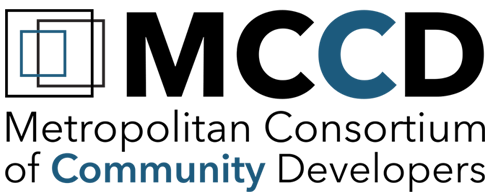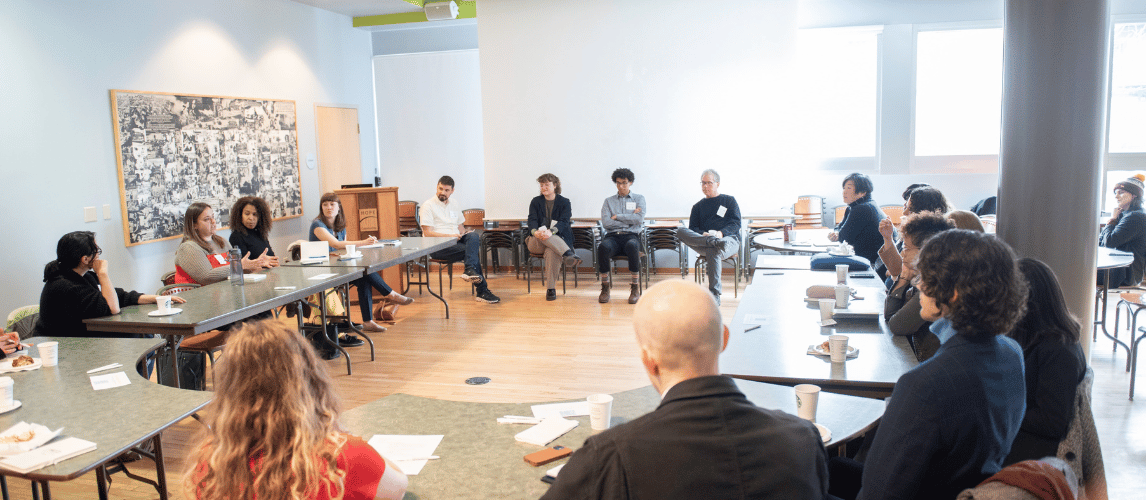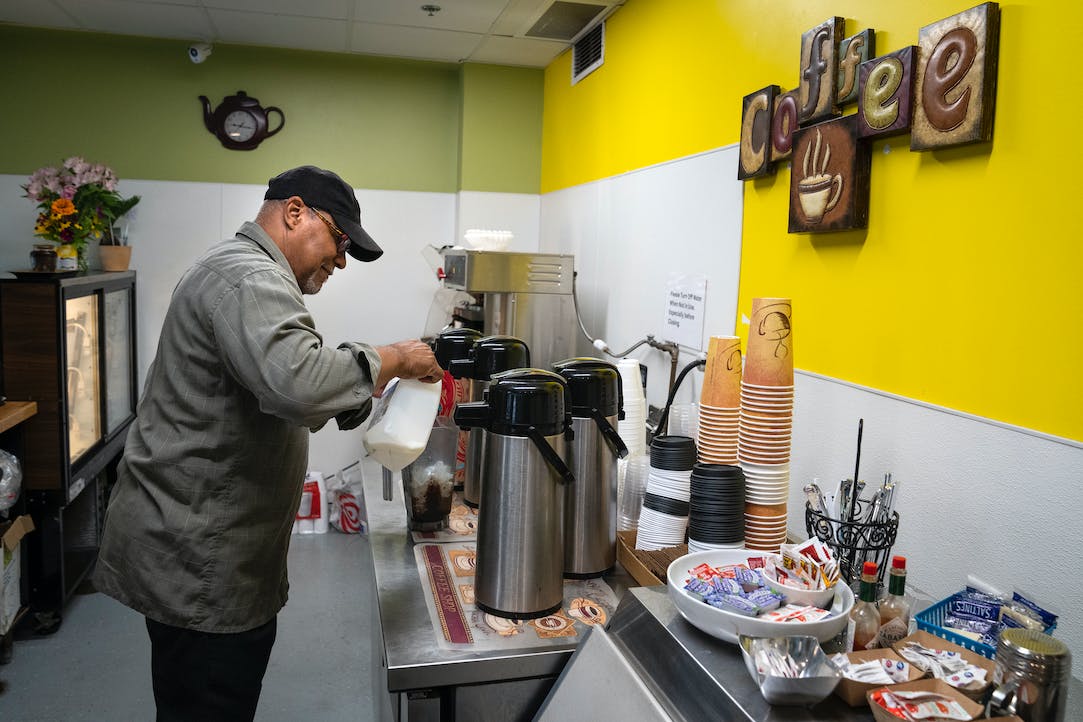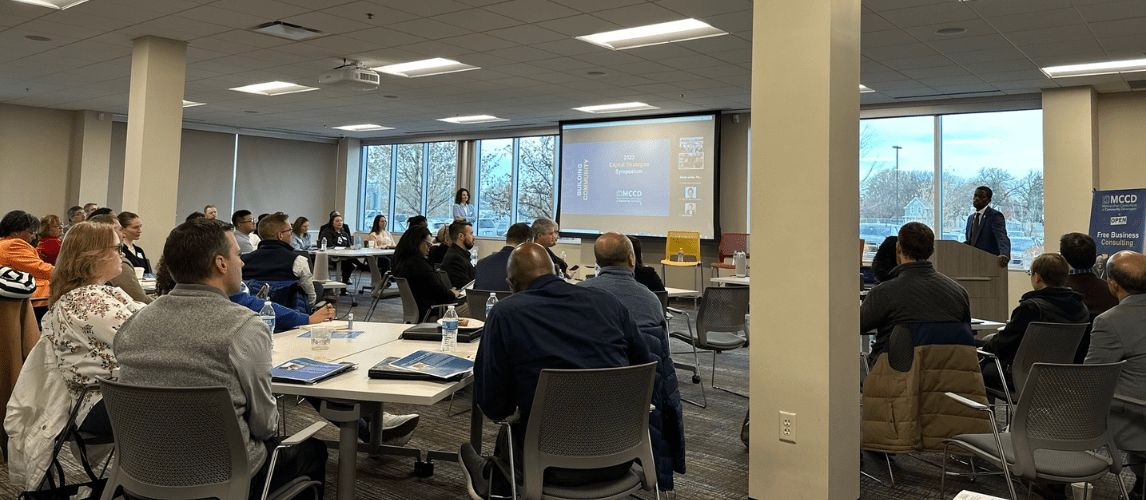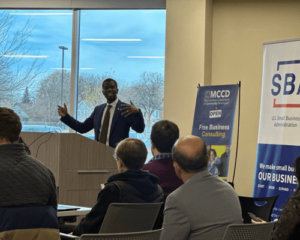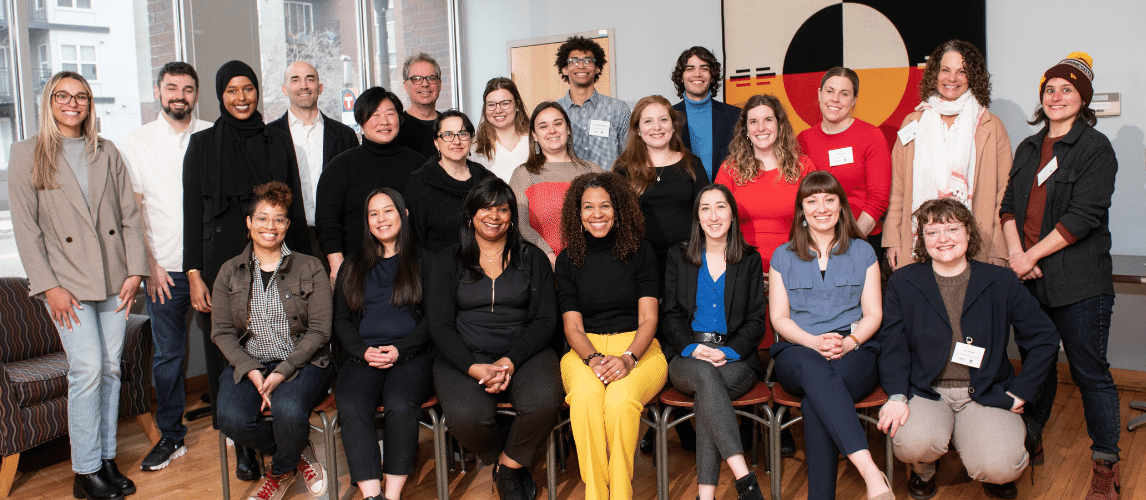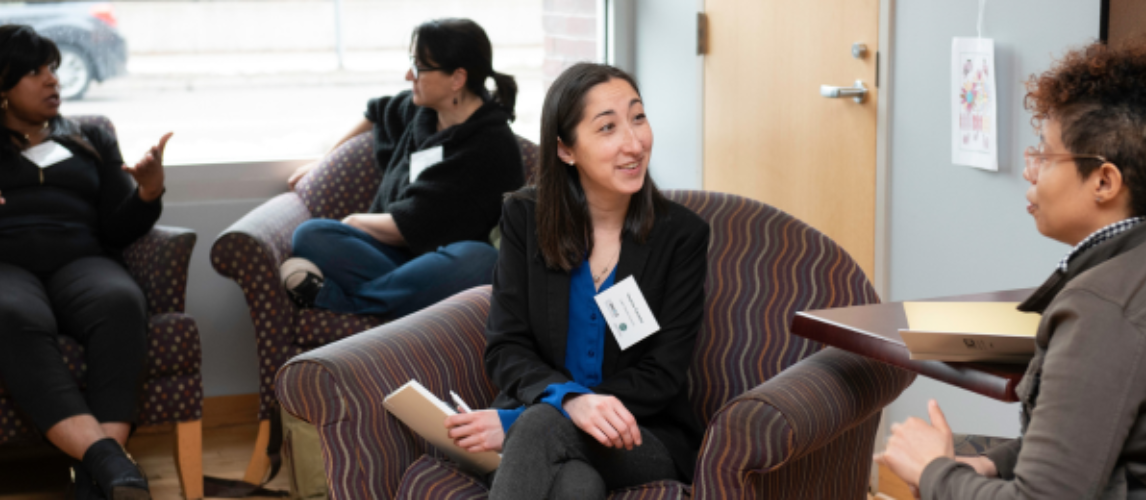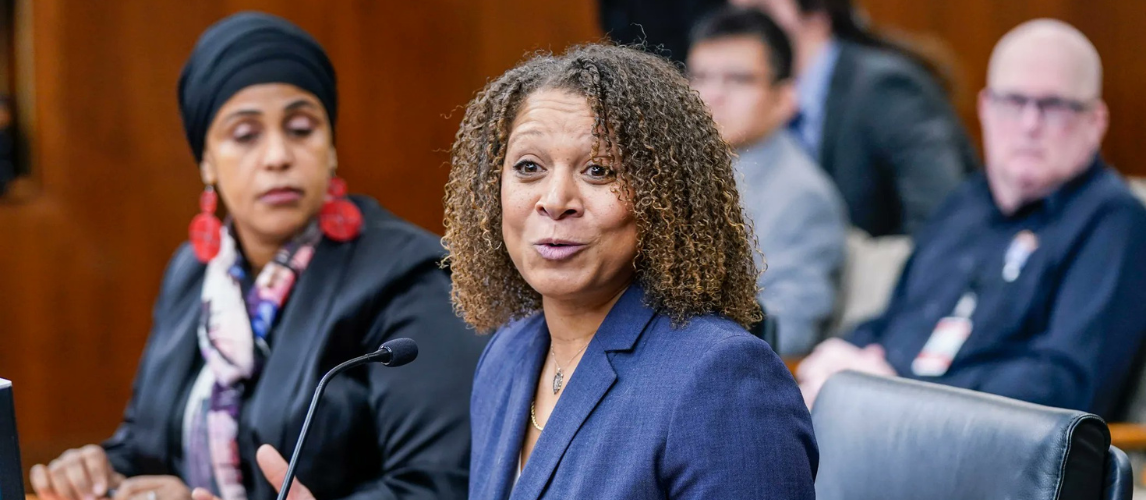Giselle Mercado – 2023 ELCD Mentee

In the short time that I’ve lived in Minnesota and worked in economic development since completing my master’s degree in nonprofit management, I’ve been active in the lending program at the Latino Economic Development Center (LEDC). My role has encompassed working on automating processes, implementing improvements in the portfolio management system, and providing technical assistance. Additionally, I have contributed to doubling the size of the loan portfolio to $6MM. This experience has allowed me to blend the financial and social worlds and to deploy affordable capital while genuinely caring about the borrowers. I find great satisfaction in working towards increasing access to affordable capital for entrepreneurs and small businesses, as well as leveraging funds to maximize the impact in the community.
The decision to pursue a career in the community development field stems from my desire to do more for my community. While I learned a lot when I worked for ten years in the financial and banking sector in my home country, I always yearned to make a more meaningful contribution. The community development sector, particularly Community Development Financial Institutions (CDFIs), has given me the chance to marry the financial and social aspects of what I do. It is a privilege to support entrepreneurs, to ensure they have affordable access to capital, and to genuinely care about their success.
As a Latina immigrant, I found my experience with the ELCD mentorship program empowering. The program highlighted how the skills I developed in the financial sector play a key role in the community development field. It also addressed the responsibility I carry in serving my community. The mentorship program allowed me to recognize the impact I can make and the importance of my role in empowering and supporting BIPOC communities. I consider it a privilege to have known Elena and witnessed her deep commitment to the BIPOC community. My advice to future mentees is to embrace the opportunities this program provides and to recognize the strength and value they bring to the community development field.
